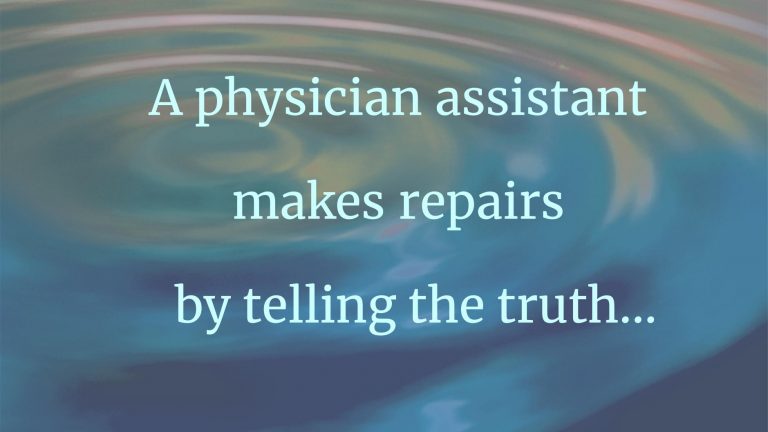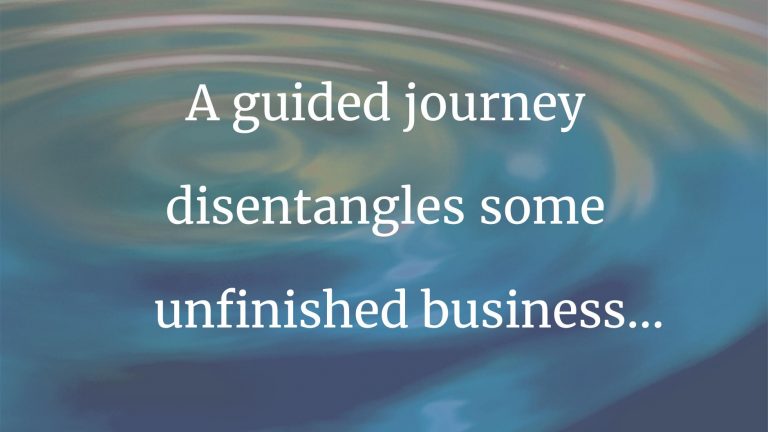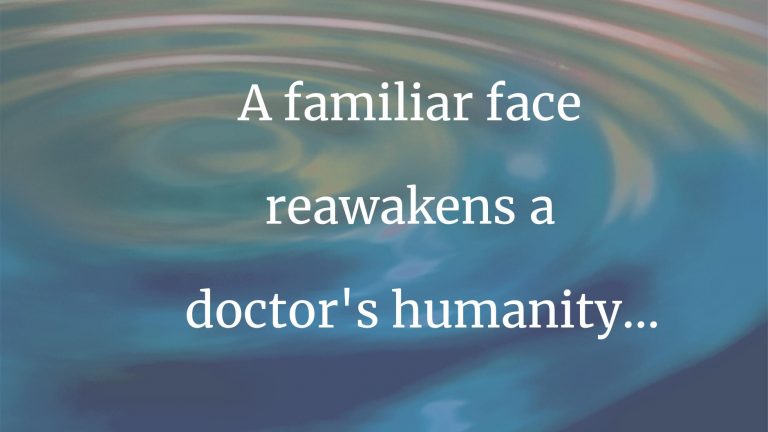
Deep Diver
I knock on the partly open door and peek around the curtain. A grainy yellow light above the hospital bed falls on a frail, trembling woman as she struggles to comb her wet grey hair.
“Margaret?” I say quietly.
She does not hear me over the hiss of the supplemental oxygen. I watch her for a moment longer.











